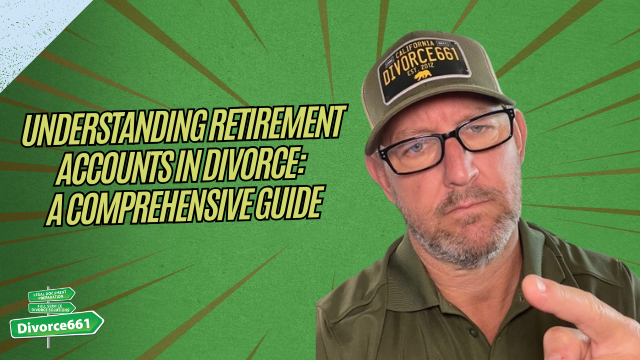What to Do If Your Spouse Leaves the Country During a Divorce
Divorce can be challenging, and when your spouse moves out of the country, it adds another layer of complexity. However, if you are a resident of California, you can still move forward with filing for divorce regardless of your spouse’s location. This guide will explore residency requirements, how to serve divorce papers internationally, and share real-life examples of how these situations can be navigated effectively.
Understanding Residency Requirements in California
California has specific residency requirements that determine your eligibility to file for divorce. To file in California, you must have lived in the state for at least six months and in the county where you are filing for at least three months. This residency is crucial because it establishes the jurisdiction for your divorce proceedings.
Even if your spouse has relocated abroad, your ability to file for divorce remains intact as long as you meet these residency requirements. This knowledge empowers individuals to move forward with their divorce, even when faced with the challenge of an overseas spouse.
Serving Divorce Papers Internationally
One of the most daunting aspects of a divorce when a spouse is overseas is the service of divorce papers. Fortunately, there are methods to serve these documents internationally, and understanding your options is key to ensuring your divorce proceeds smoothly.
- International Mail: This method involves sending the divorce papers via international postal service. It’s essential to ensure that the documents are sent in a manner that complies with the legal requirements of both the sending and receiving countries.
- The Hague Convention: If the country your spouse resides in is a member of the Hague Convention, you can utilize this treaty for service of process. This method is often more reliable as it adheres to international standards for serving legal documents.
Each method has its own legal requirements, and understanding these options is vital for continuing your divorce proceedings, regardless of where your spouse currently resides.
A Real-World Example
Let’s consider a client case that illustrates how we successfully navigated an international divorce. Our client faced a unique challenge when their spouse moved back to Europe during their separation. Despite the distance, we guided them through the process of serving papers internationally and ultimately finalized their divorce seamlessly.
This real-world example demonstrates that international divorces can be managed effectively when you understand the steps involved. With the right guidance, you can navigate similar situations with confidence.
What Happens If Your Spouse Doesn’t Respond?
In some cases, your spouse may not respond to the divorce papers. If this happens, you can file for a default judgment. A default judgment means that the court will grant your divorce without your spouse’s participation, provided that you have fulfilled all legal requirements for service and notice.
At Divorce 661, we specialize in assisting clients through this process. If your spouse doesn’t respond, we can help you file for default and ensure that your divorce is finalized, even in their absence.
Why Choose Divorce 661?
Our team at Divorce 661 brings expertise in handling international divorce cases. Here’s what we offer:
- Expertise in international divorce service to ensure compliance with legal requirements.
- Assistance with document translations if needed, making the process smoother.
- Full judgment packages filed on your behalf, including requests for default if no response is received.
- Flat-fee, full-service divorce support, ensuring you know exactly what to expect financially.
We understand that dealing with a spouse who is out of the country can be challenging, but we’re here to help you navigate the complexities of your situation.
Ready to Move Forward?
If your spouse is currently out of the country, don’t let that stop you from pursuing your divorce. Visit Divorce661.com for a FREE consultation. We’ll discuss your unique situation and help you proceed confidently, no matter where your spouse is located in the world.
Share Your Situation
We invite you to comment below: Is your spouse living abroad? Share your situation with us; we’re here to help. Navigating an international divorce can be daunting, but with the right support, you can find a path forward.
Conclusion
Don’t let your spouse’s relocation abroad deter you from pursuing a divorce. With California’s residency requirements and the right methods for serving papers, you can still finalize your divorce effectively. Understanding your options and seeking professional guidance can make all the difference. At Divorce 661, we’re committed to helping you navigate this challenging process with confidence. Reach out today and take the first step toward your new beginning!










